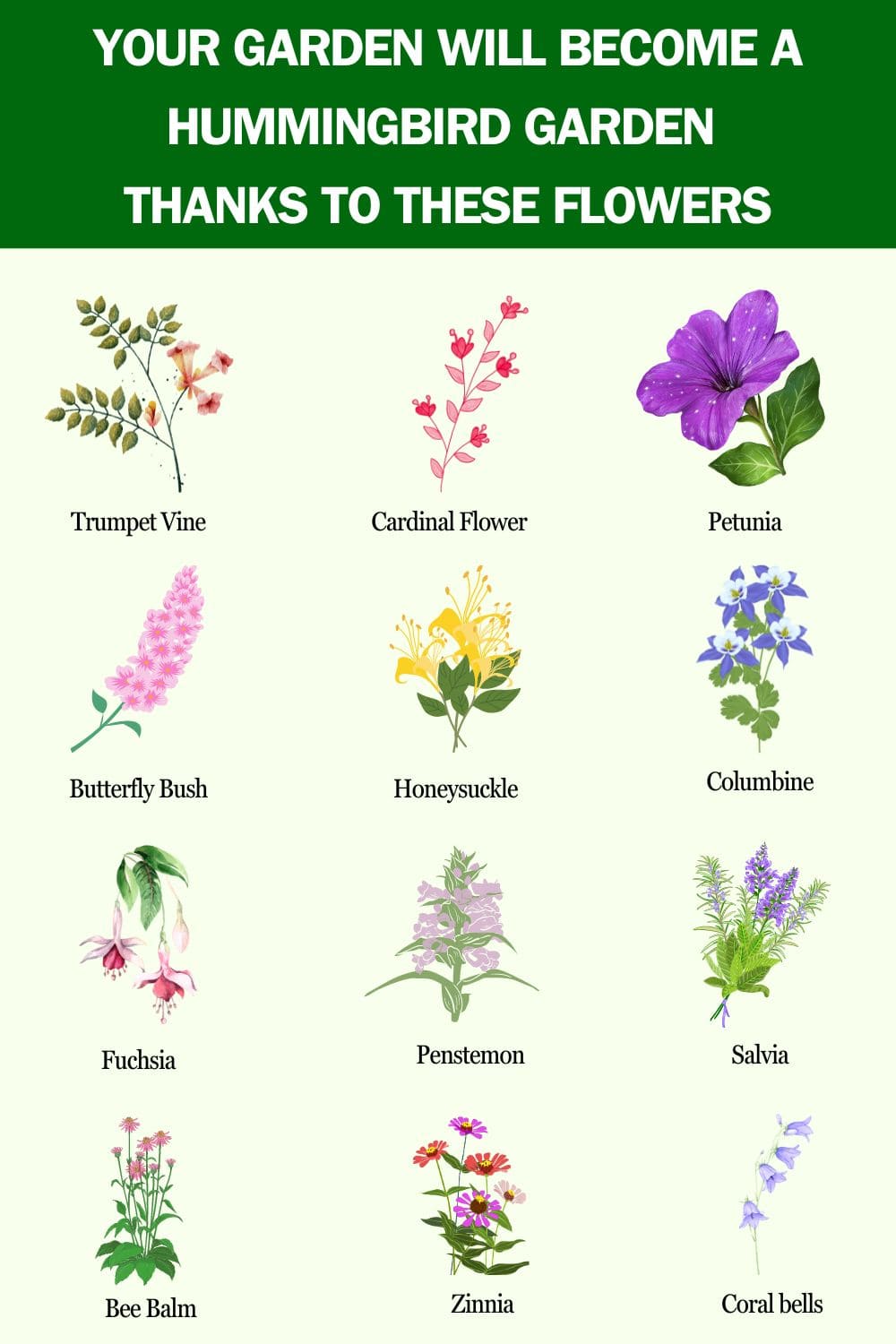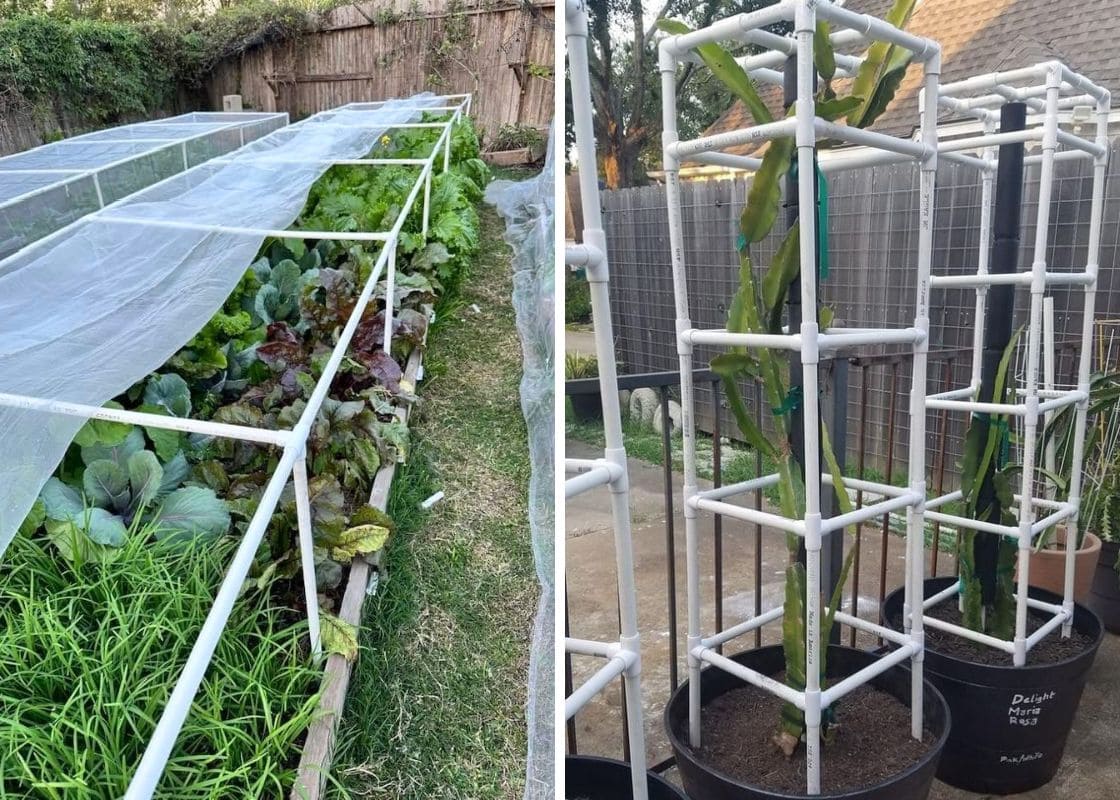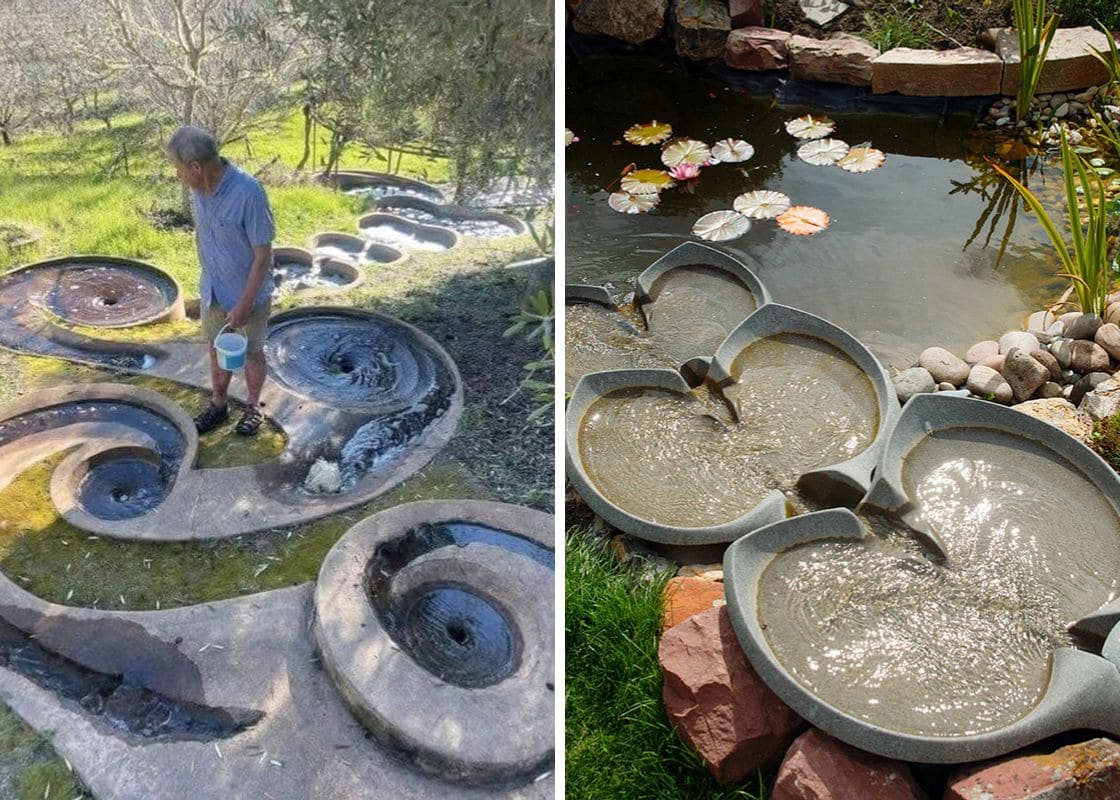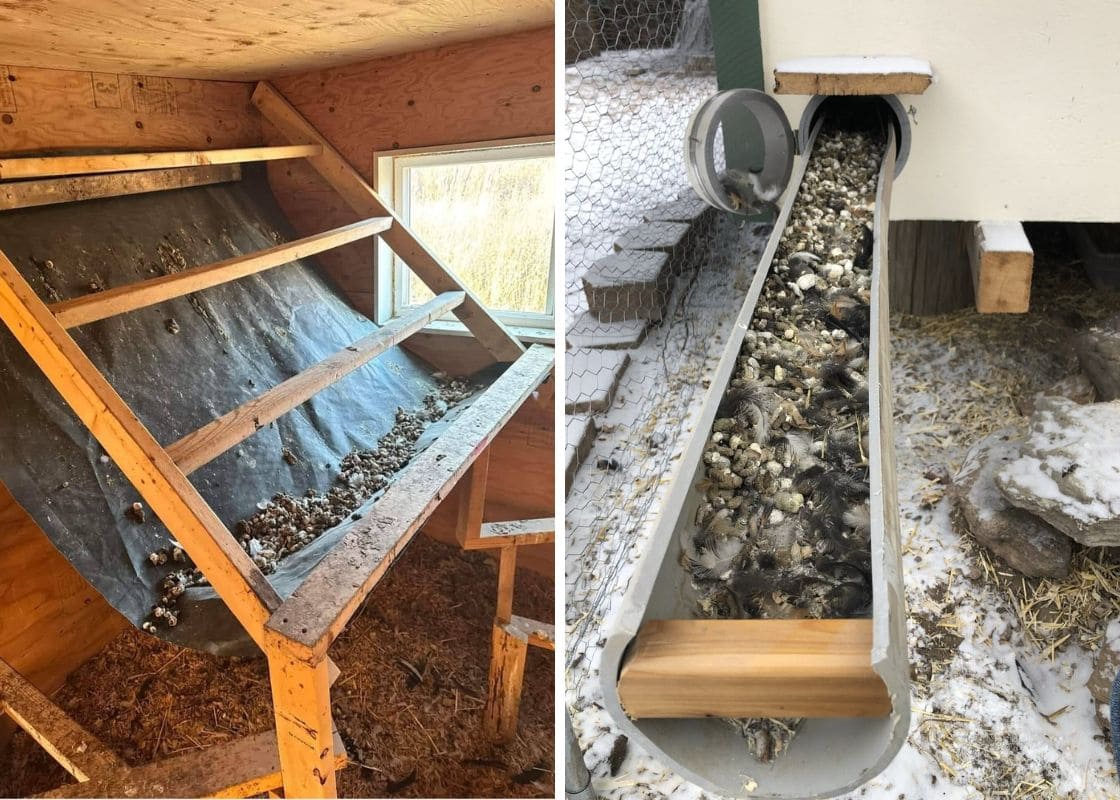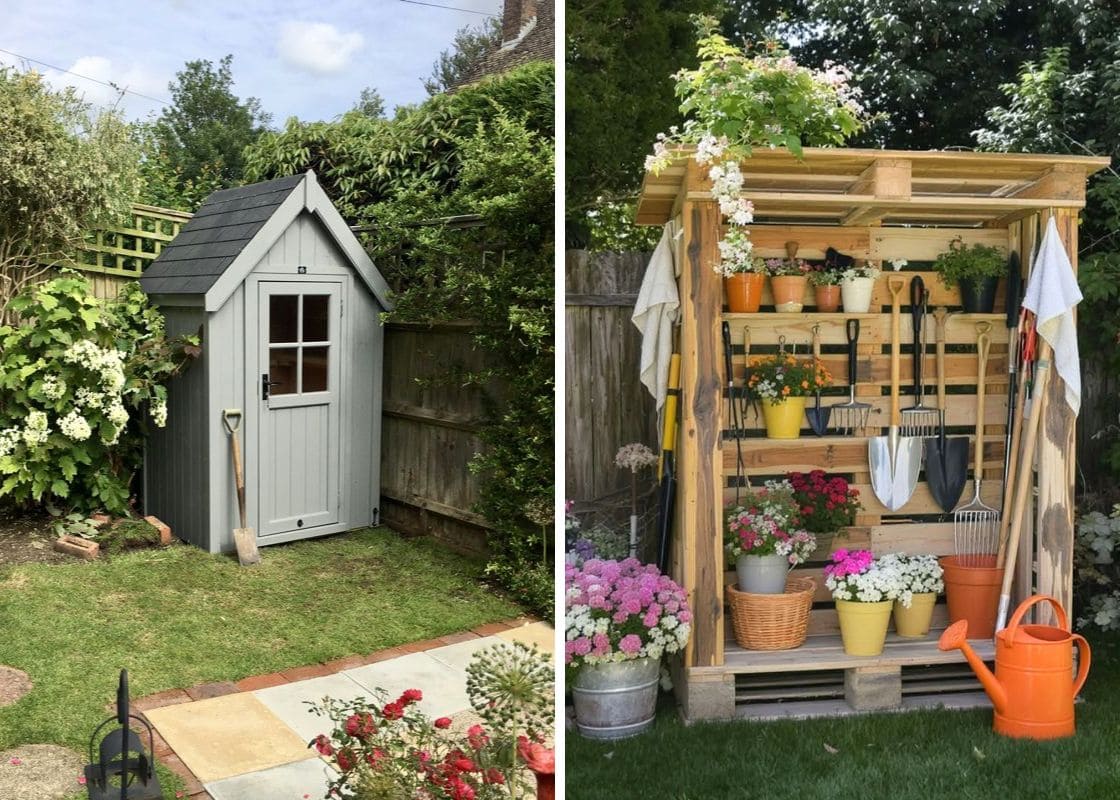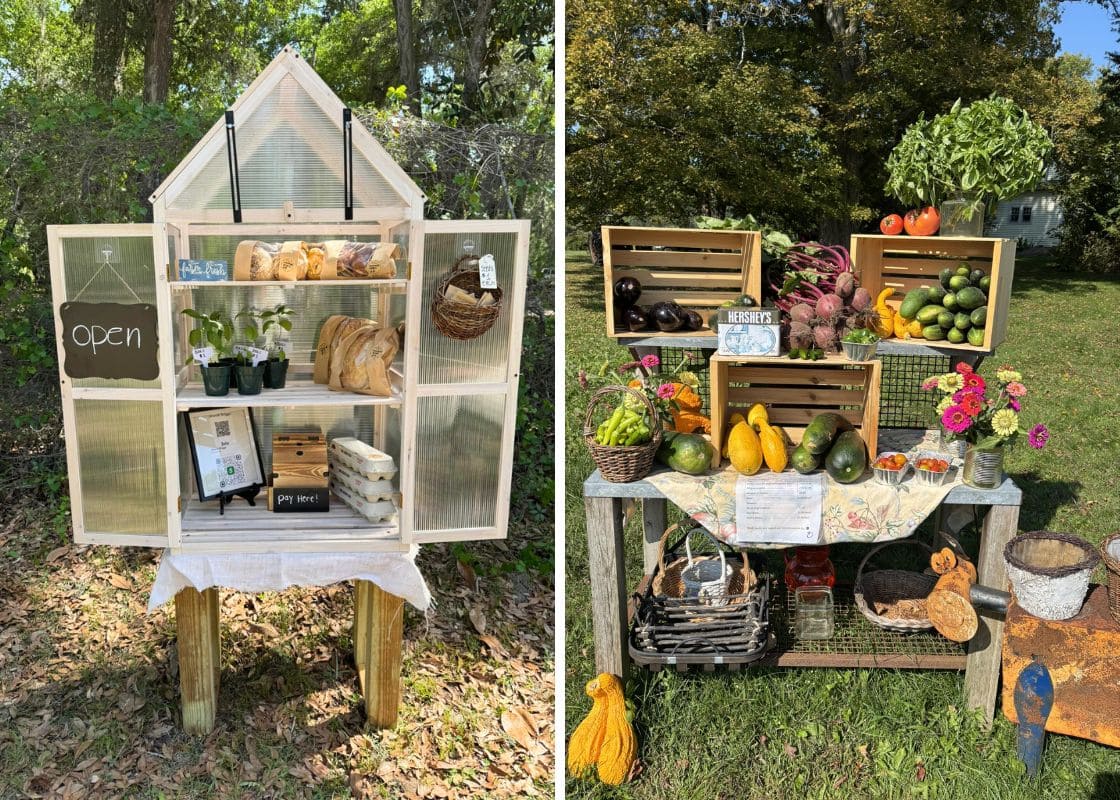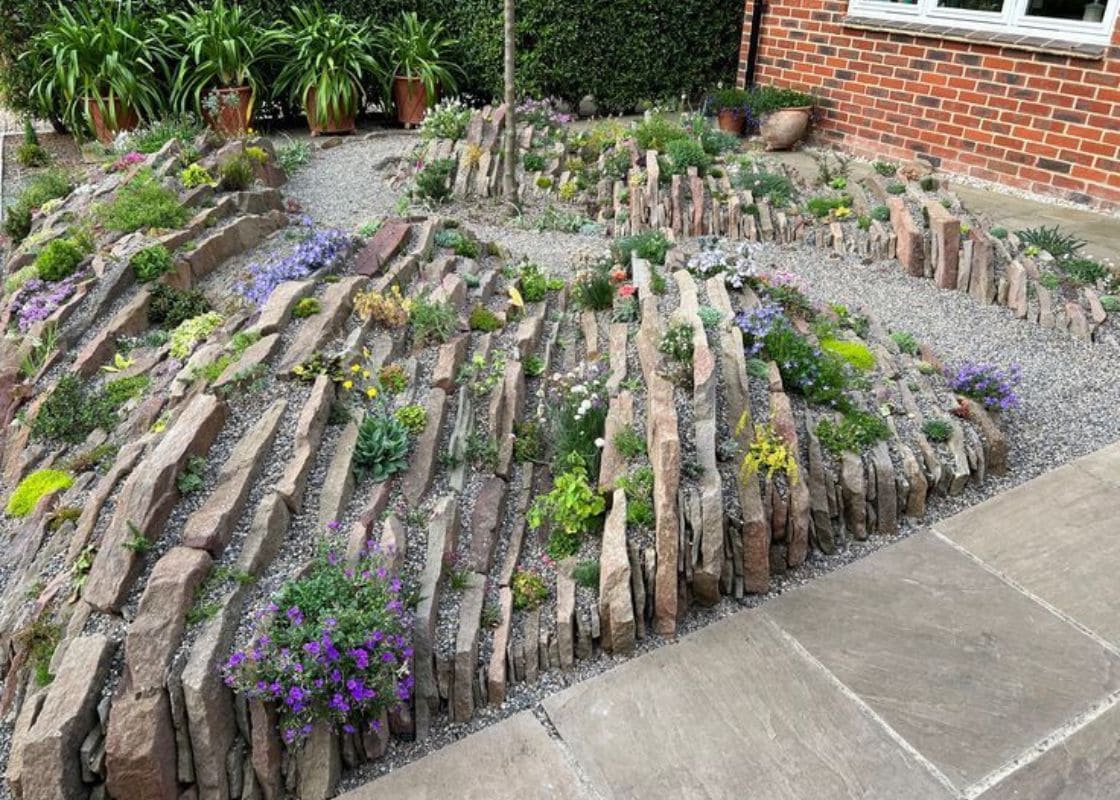Did you know that hummingbirds are not only mesmerizing to watch but also play a crucial role in your garden’s health?
These tiny, energetic birds are exceptional pollinators, helping your flowers and plants thrive.
By attracting hummingbirds with the right flowers, your garden becomes a buzzing hub of activity, filled with vibrant colors.
#1. Trumpet Vine

This plant, also known as Campsis radicans, is often called the hummingbird vine because of its ability to draw in these tiny, colorful birds.
The flowers come in vibrant shades of red, orange, and yellow, creating a stunning display throughout the summer.
One of the best things about trumpet vine is its fast-growing nature. It can quickly climb up to 30 feet or more, making it perfect for covering fences, trellises, or arbors.
#2. Cardinal Flower
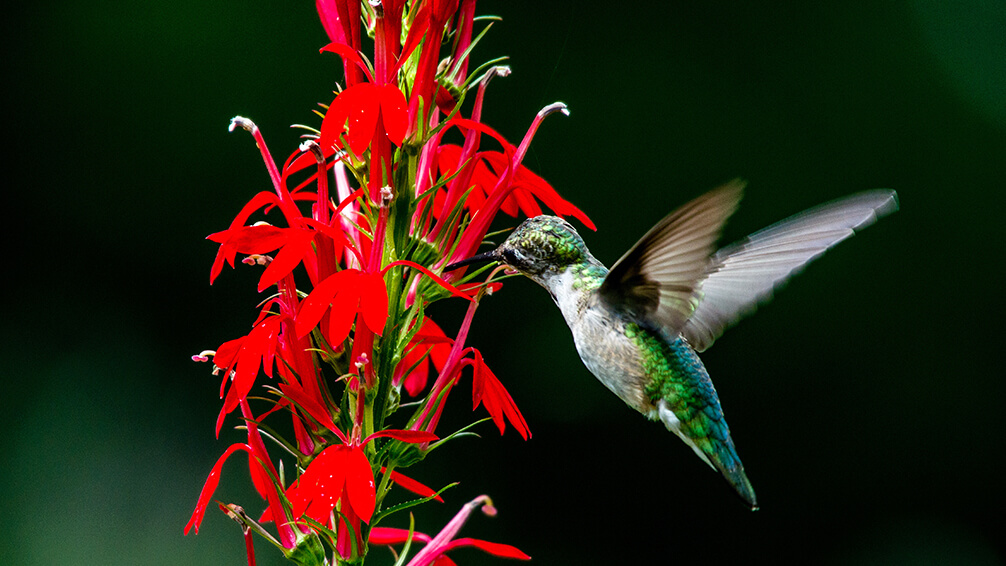
Cardinal flower, also known as Lobelia cardinalis, are like a magnet for hummingbirds.
Seriously, it’s like they have a built-in GPS that leads them straight to these flowers.
Cardinal flowers are native to North America and thrive in wet soil conditions. So, if you have a boggy area in your garden, these flowers will feel right at home.
#3. Petunia
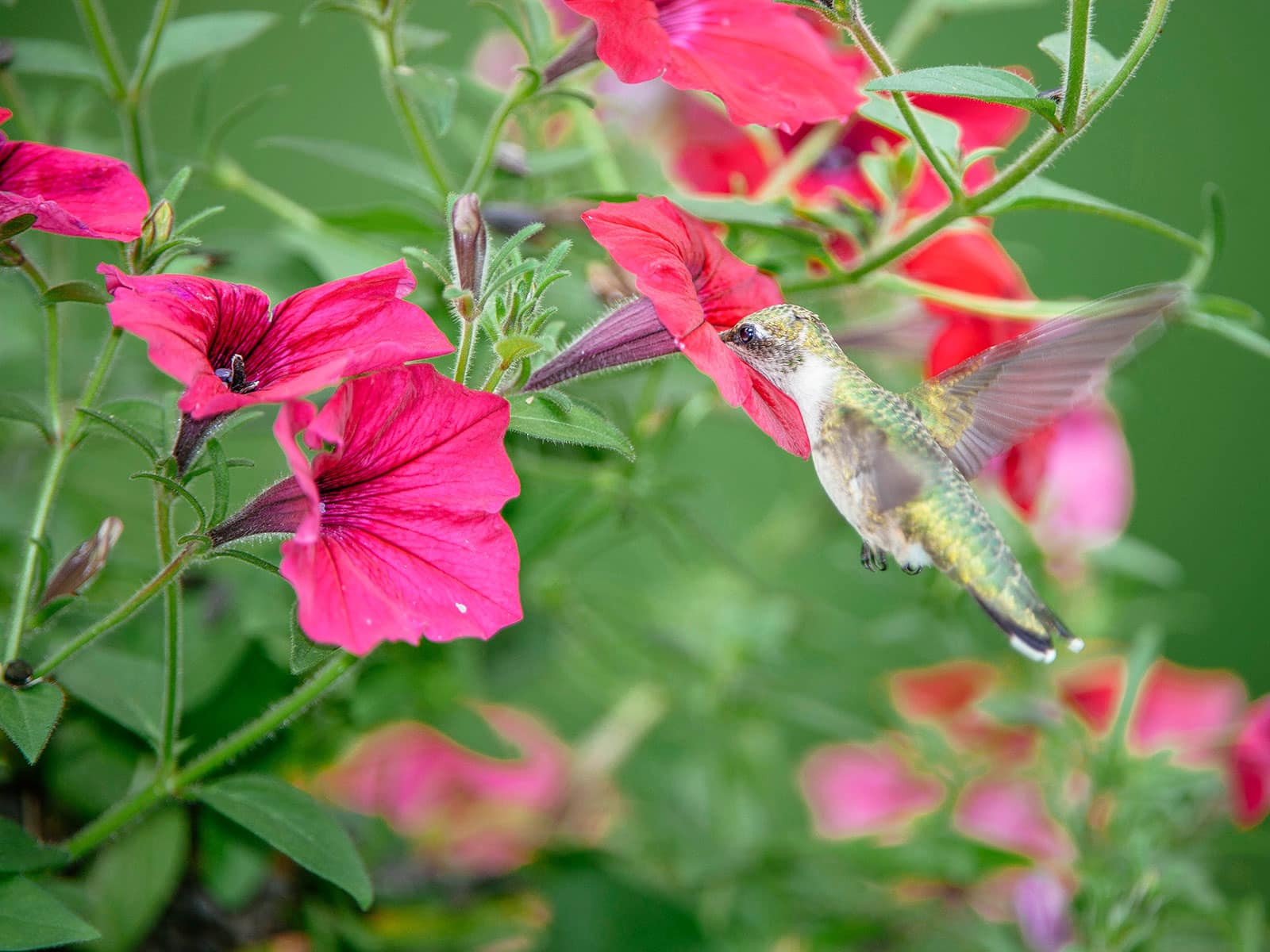
These beauties are tender perennials, but most folks grow them as annuals, especially in cooler climates.
One of my all-time favorite varieties is the Carmine Velor Wave. This petunia is an All-America Selections Winner.
Its bold color and symmetrical growth habit make it a standout in any garden. Plus, hummingbirds absolutely love them.
#4. Butterfly Bush
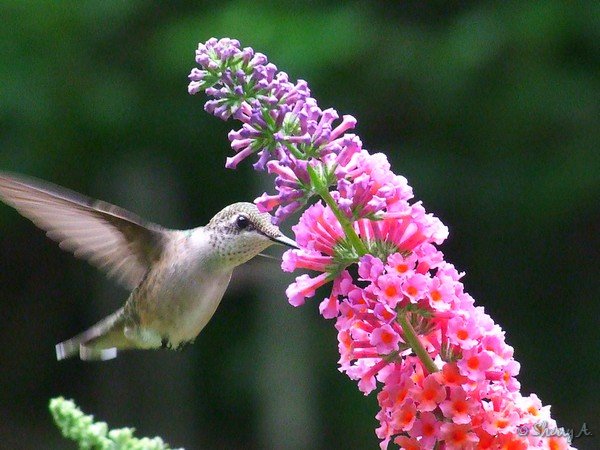
Also known as Buddleia, this perennial shrub is a magnet for all sorts of pollinators.
Its fragrant, tapered flowers come in a variety of colors like lavender, violet, pink, red, and white.
These blooms are not just pretty to look at; they are also a feast for the eyes of butterflies and hummingbirds alike.
One of the best things about the butterfly bush is its low maintenance. It thrives in full sun and well-drained soil.
#5. Honeysuckle
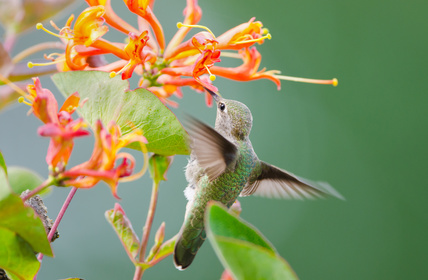
With its sweet nectar and bright red flowers, it’s no wonder these little birds can’t resist it.
Honeysuckle is a fast-growing vine that loves basking in full sun. It can quickly cover trellises, fences, or any vertical structure you have in your garden.
One of the best things about honeysuckle is its long blooming period. You’ll get to enjoy its beautiful flowers from summer all the way through autumn.
#6. Columbine
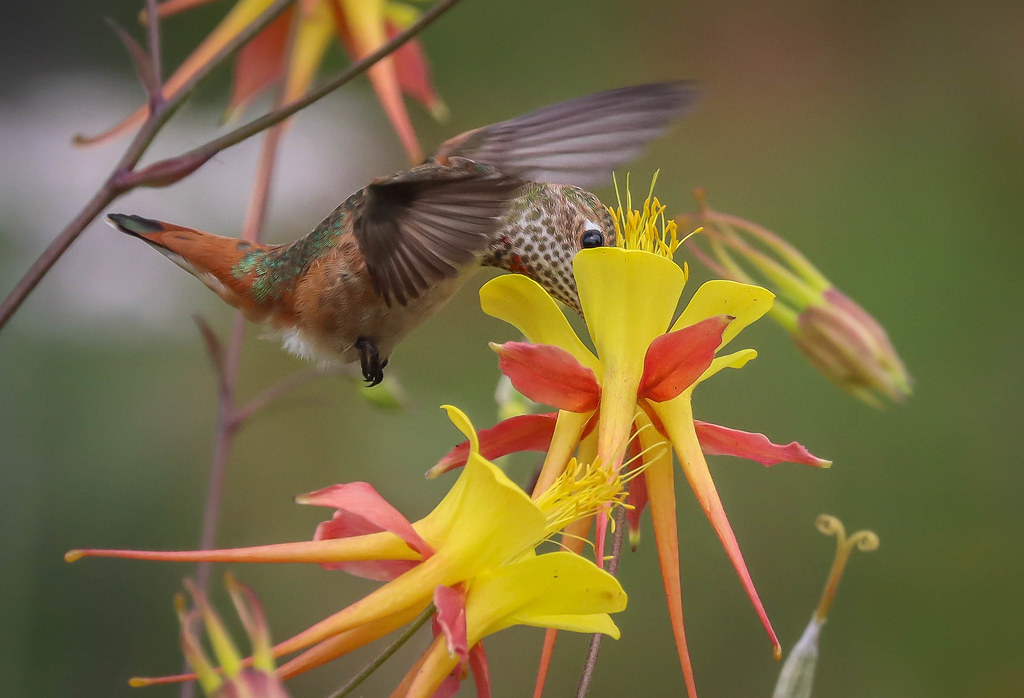
With their unique, downward-hanging blooms, they add a whimsical touch that hummingbirds simply can’t resist.
Columbine is a perennial, which means it comes back year after year, saving you the hassle of replanting.
They thrive in full sun to partial shade and prefer well-drained soil. If you live in an area with hot, humid summers, give them some afternoon shade.
#7. Fuchsia
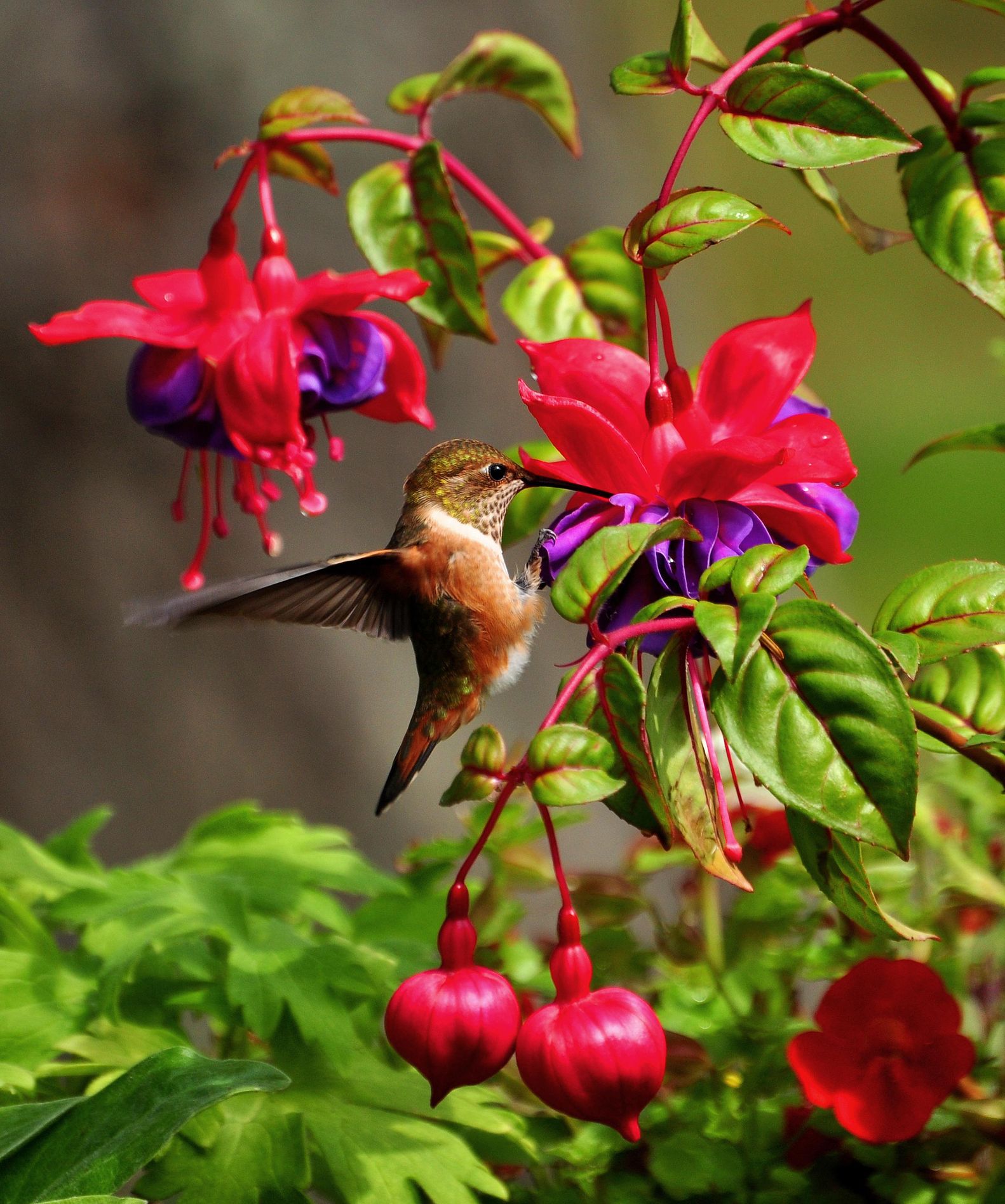
Fuchsias are not just pretty faces; they are also incredibly tough and can bloom from summer all the way into autumn.
There’s the hardy Fuchsia speciosa, which is a real trooper and can handle a bit of cold.
Then there’s Fuchsia magellanica ‘Aurea,’ which has golden foliage that really stands out, especially if you give it a bit more sun.
Both types are excellent for extending the flowering season and keeping those hummingbirds around longer.
#8. Penstemon

These tough native plants are incredibly resilient, thriving in heat, drought, and even poor, rocky soil.
They can grow up to 5 feet tall and 3 feet wide, depending on the variety.
They also prefer full sun and well-drained soil, which means they can thrive in spots where other plants might struggle.
#9. Salvia
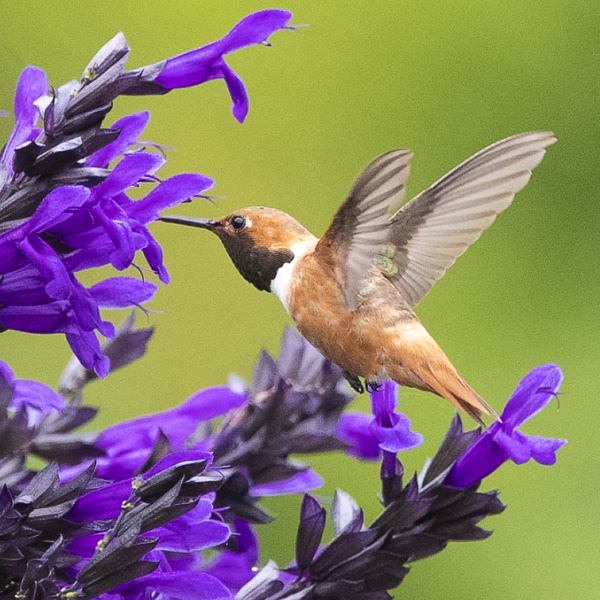
Salvia is also known for its drought tolerance, making it a low-maintenance option for busy gardeners.
Another great thing about salvia is that it provides a long-lasting nectar source for hummingbirds.
By planting different varieties, you can ensure that your garden has blooms from early summer all the way to the first frost.
#10. Bee Balm

Bee Balm, also known as Monarda, is a summer-blooming perennial that will make your garden pop with color and attract hummingbirds like a magnet.
Bee balm is not just a favorite of hummingbirds, bees and butterflies love it too!
Plus, it’s a member of the mint family, so its leaves have a lovely fragrance and can be used to make a refreshing tea.
